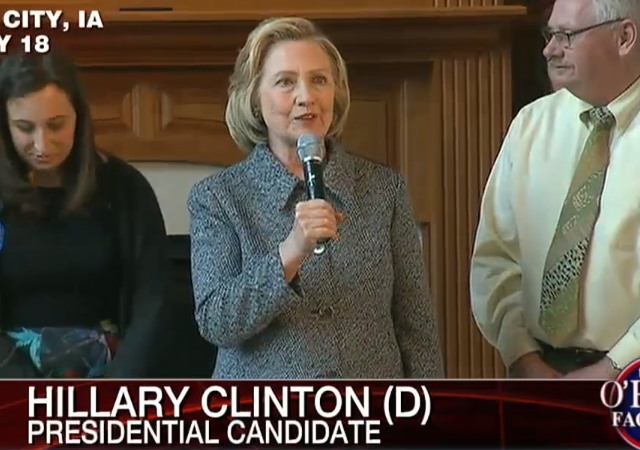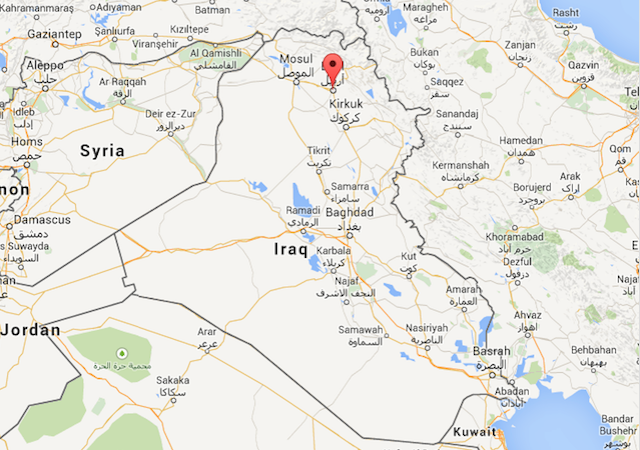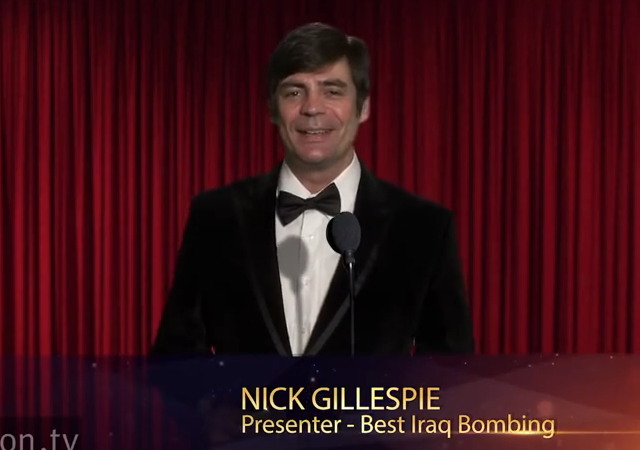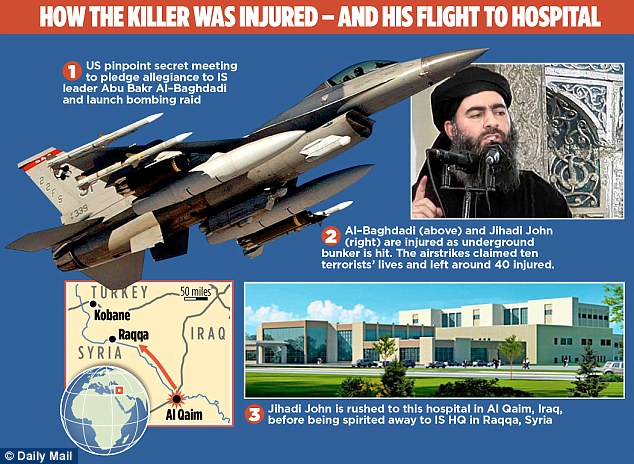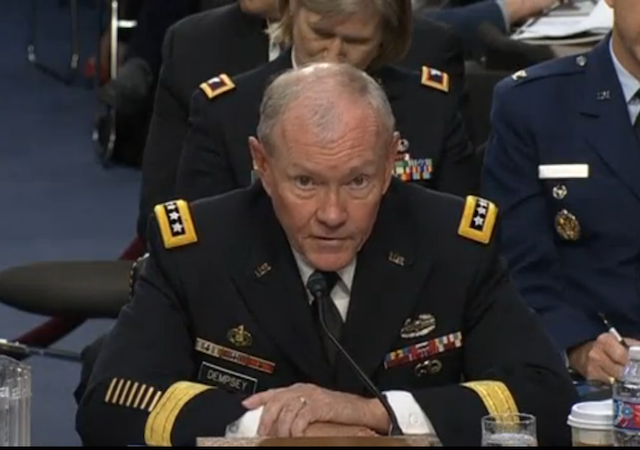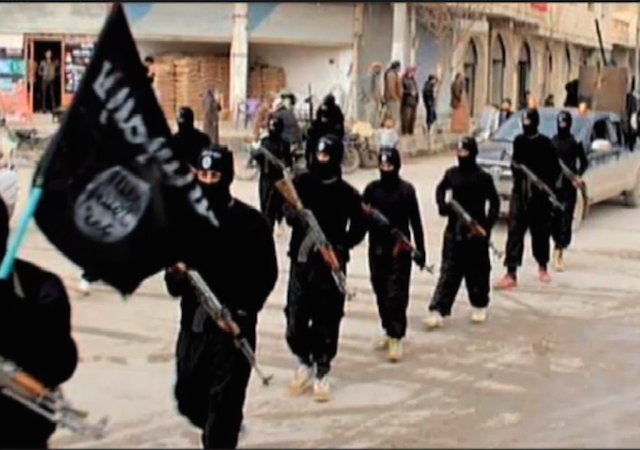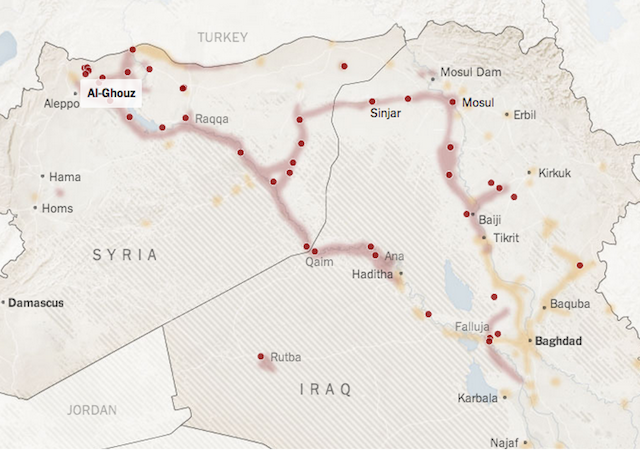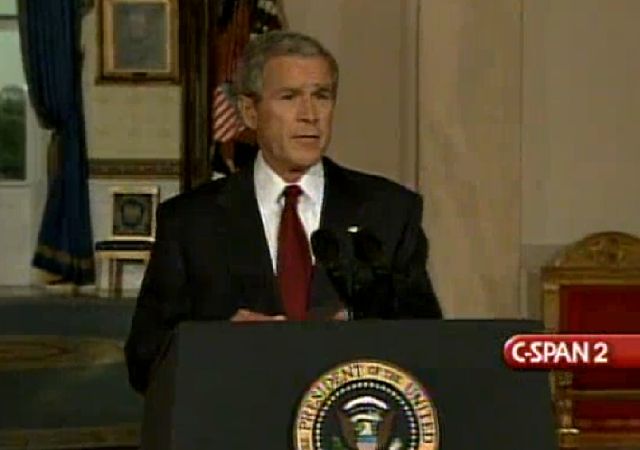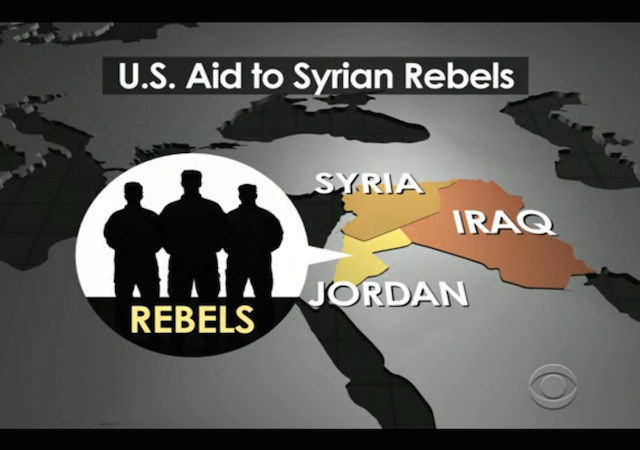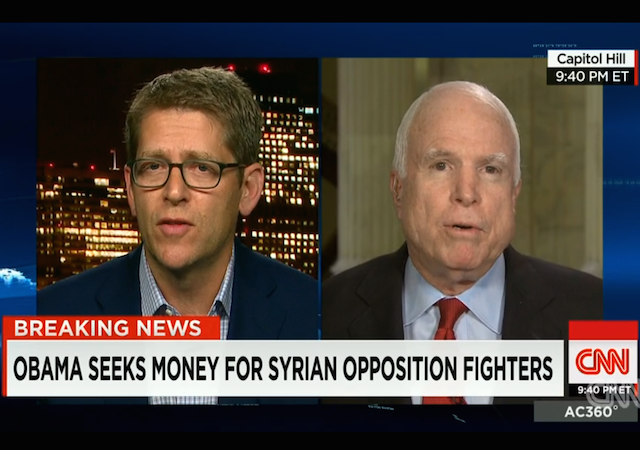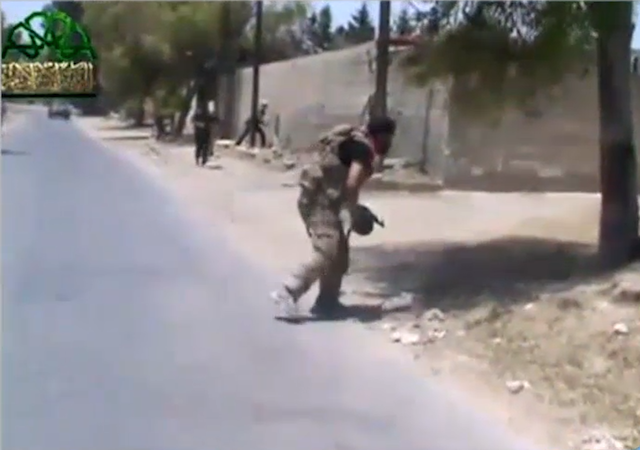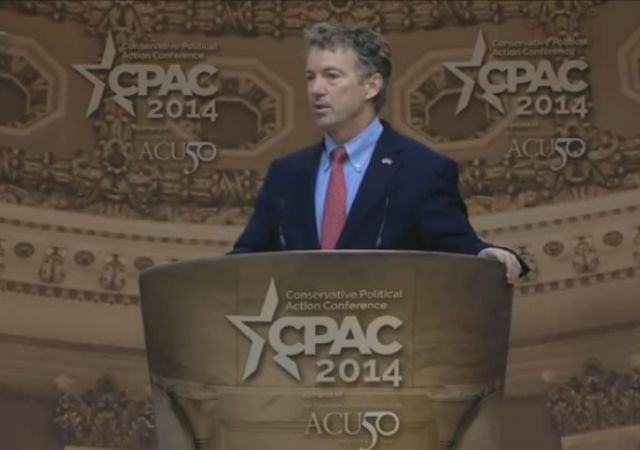Hillary Clinton Has Iraq War Questions to Answer
on May 19, 2015
9 Comments
You may have noticed that our unbiased media is asking Republicans lots of questions about the Iraq War.
Hillary Clinton is the only 2016 candidate who voted for the Iraq War as a senator; she was also directly involved with the war in her role at the State Department. Perhaps she deserves a few similar questions---when she finally decides to take one.
Last night, Bill O'Reilly opened his show by discussing new initiatives America is taking to deal with ISIS, but as Charles Krauthammer pointed out, there are many questions Hillary Clinton still has to answer on this subject.
As a senator, she opposed the surge in Iraq and implied that David Petraeus was lying during his congressional testimony. Does she still agree? Clinton was the secretary of state when we pulled out of Iraq in 2011. Was that a mistake?

